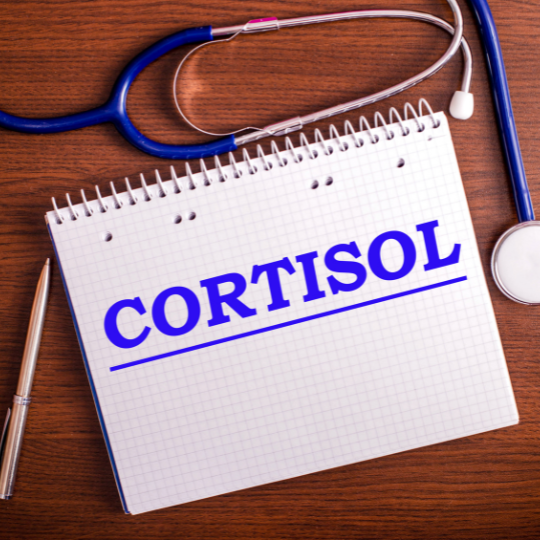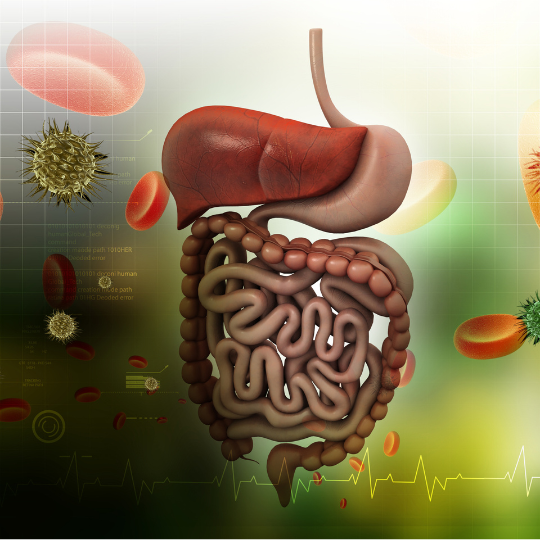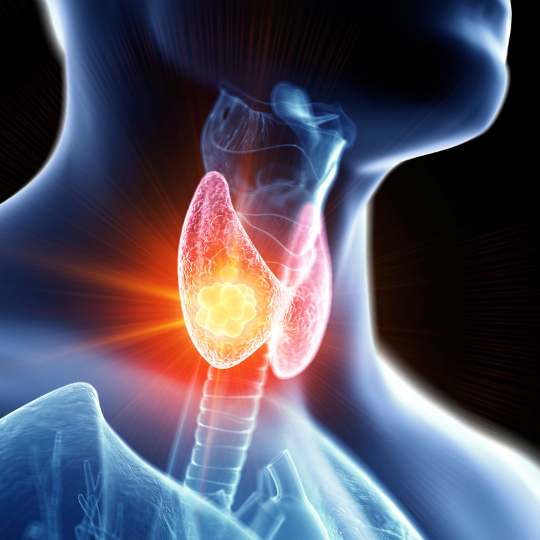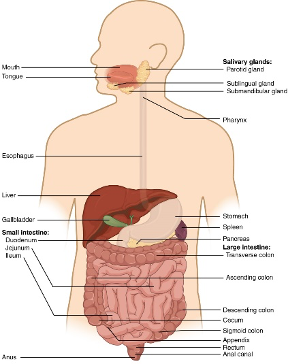Today we’re going to talk about three hormones that play a big role in our bodies: leptin, ghrelin, and adiponectin. These less famous hormones have different functions, but they all interact with each other and have an impact on our metabolism and appetite. Let’s dive in and take a closer look at each of these hormones, what they do and how they interact in various conditions.

Leptin, the Satiator
Leptin is a hormone that is produced by our fat cells. Its main role is to regulate energy balance in the body. In an ideal scenario, when we have enough fat stores, leptin is released into the bloodstream and sends a signal to the brain that we are satiated and don’t need to eat anymore. This helps to prevent us from overeating and gaining weight. On the other hand, when we don’t have enough fat stores, leptin levels drop, which can lead to increased appetite and weight gain. This is the regular leptin drill in a healthy metabolism. And indeed, it has been shown in numerous studies that leptin is negatively correlated with BMI, or the body mass index.
However, in certain obesity related situations, leptin resistance takes over. Similar to the case of insulin resistance, the hypothalamic brain cells of an obese individual may become resistant to the flurry of leptin signals sent in this case from the fat cells, to try and trigger satiety; and when satiety signals are overridden or not working properly, the effect is an overproduction of leptin in a desperate effort of fat cells to signal that there is enough fat in the body. Leptin resistance means that in spite of the leptin rush, the hypothalamus is stoically ignoring the signals and fat continues to accumulate.
Side note: research shows that leptin is also involved in hypothalamic development during infancy.

Ghrelin, the Enjoyer
Ghrelin is another hormone that plays a role in appetite regulation. It is produced by the lining of the stomach and is released when we are hungry. Ghrelin also acts on the hypothalamus, the region of the brain that controls hunger and satiety, to increase appetite and promote the feeling of hunger. In addition to its effects on appetite, ghrelin also stimulates the release of growth hormone and has been shown to have a positive effect on mood.
Adiponectin, the Controller
Adiponectin is a hormone produced by fat cells, that has a number of important functions in the body. It helps to regulate glucose metabolism and improve insulin sensitivity, which can help to prevent the development of diabetes. It also reduces hepatic glucose production and increases the utilization of glucose and fatty acids by skeletal muscles, via AMPK & PPARalpha. Adiponectin also has anti-inflammatory effects and has been shown to improve cardiovascular health. More specifically, it:
- reduces TNF-alpha & IL6 inflammatory cytokines, which leads to an improvement of insulin resistance
- inhibits oxidative stress by suppressing iNOS and NADPH oxidase (NOX), which also leads to an improvement of insulin resistance
- finally, it reduces scavenger receptors in macrophages and increases cholesterol efflux

All three of these hormones interact with each other and with other metabolic systems in the body. For example, leptin and ghrelin both play a role in the regulation of appetite and energy balance. Adiponectin, on the other hand, interacts with insulin and can help to improve insulin sensitivity.
What about your DNA?
There are certain genetic predispositions and single nucleotide polymorphisms (SNPs) that can affect the metabolism of these hormones:
- for example, one SNP in the FTO gene has been linked to an increased risk of obesity and has been shown to affect ghrelin levels
- another SNP in the ADIPOQ gene, which codes for adiponectin itself, has been linked to an increased risk of insulin resistance
- whereas SNPs in the LEPR gene, which encodes a leptin receptor, has been linked to both the tendency to oxidize fats VS carbs in low intensity exercise, as well as elevated triglycerides after a meal.
Foods & supplements
Now, depending on your genetic make-up and metabolic status, nutrition and supplements, can of course play a role in helping you navigate the effects these rogue hormones can trigger. On one hand, incorporating more fibre-rich foods, such as vegetables, fruits, and whole grains, into your diet can help to support the metabolism of these hormones. Additionally, omega-3 fatty acids, which are found in foods like salmon, nuts, and seeds, have been repeatedly shown to improve insulin sensitivity and reduce inflammation, so ensuring you have an adequate intake of these may provide additional support to a proper hormonal balance.

Supplements are hard to recommend in the absence of a clear understanding of what exactly your metabolism is about, but generally you can’t go wrong with these ones:
- Probiotics, also available in fermented foods like kefir and sauerkraut, can help to improve the balance of good bacteria in the gut and support the metabolism of these hormones
- EGCG in green tea extract has been shown to increase adiponectin levels and improve insulin sensitivity
- Vitamin D is an essential nutrient that is important for the metabolism of hormones in general.
Now fine tuning beyond this requires some expertise that we are happy to provide through our genetic and metabolic optimization approach, if you are at all interested.
In summary, leptin, ghrelin, and adiponectin are three hormones that play a crucial role in the regulation of appetite, metabolism, and energy balance. They interact with each other and with other metabolic systems in the body, and their levels can be affected by factors like obesity, inflammation, and genetic predispositions. By making lifestyle changes, such as eating a healthy diet and incorporating supplements, you can support the metabolism of these hormones and improve your overall health and well-being. How deep you want to go depends only on yourself.










